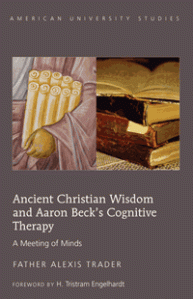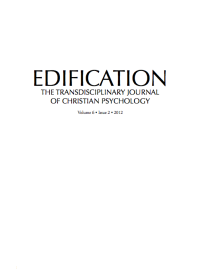Insomnia is a Problem
Insomnia is a problem. It is no more related to vigil and watchfulness than fasting is related to anorexia nervosa. Monks and ascetics may restrict their intake of food and their amount of sleep, but it is their free choice to do so. Those suffering from a disorder or medical condition are at the mercy of that disorder or condition, not under the sovereign direction of their free will. And yet the free will, with some proper guidance, can often show them the way out. As anyone who has suffered or currently suffers from insomnia can attest, the negative repercussions are multiple and varied. Before I delve into these repercussions in order to encourage sufferers to seek assistance, I would like to look at some of the underlying causes of insomnia. These may point to remedies that help alleviate this nettlesome problem.
In a 2011 article published in Clinical Medicine, authors Kevin Morgan, Erica Kucharczyk, and Pamela Gregory note the following, “Research evidence supports the view that chronic insomnia results from the interaction of three separate factors: 1) predisposing: inherent psychological vulnerability characterized by higher levels of trait anxiety, a susceptibility to cognitive intrusions and attentional bias, 2) precipitating: sleep-disturbing physical, psychological or situational events 3) perpetuating: maladaptive behavioral responses to sleep disturbance which, over time, help to maintain insomnia as a chronic problem.”
While you can’t do much to change deeply entrenched aspects of your character that may make you vulnerable to insomnia, you can change the way you approach sleep and respond to sleep in terms of your physical body, your mind, your surroundings, and your heart. There are physiological, psychological, behavioral, and spiritual helps available. Factors that precipitate insomnia may include, but are not limited to job stress, childbirth, illness, or relationship issues. Maladaptive responses to insomnia may include self-medicating or fearfully anticipating a sleepless night prior to the occurrence of the onset of insomnia.
These three factors provide some understanding of the problem of insomnia and offer some insight into its negative repercussions. Insomnia affects every aspect of our lives including decreased productivity in our work, susceptibility to illness as well as a slower recovery from illness, reduced cognitive functioning, a susceptibility to depression, and a higher mortality rate. Yet, according to one study, 85% of insomnia sufferers never seek treatment (Mellinger et al., 1985). The negative repercussions of insomnia—including diminished self-worth, increased anxiety over job security, and the possibility of dependency on chemicals (including alcohol) meant to fix the problem—become in and of themselves issues.
In spite of all this “bad news”, there is help and a way out of this quagmire. I will write about these in future blog posts. For now, if you suffer from insomnia, know that you are not alone and that there is hope. Many people encounter this problem. Unfortunately, most do not seek help. But help is available. And many who seek it see considerable improvement. Cognitive therapy and the holy fathers both have their contributions that can lead to a refreshing sleep. Both recognize in the words of Saint Clement of Rome that “it is not possible to be altogether without sleep; otherwise night would not have been made for rest” (Recognitions of Clement, Book 2, Chapter 1).




Father…this is such a blessings. I see all three factors affecting my chronic insomnia, especially 2) and 3). I will pray and try to be open to your wisdom. I feel at the end of my rope right now and am actively seeking help…not that’s it’s helping but I am trying.
Theresa, to pray, to be open, and to try are such basic elements of the Christian life. The fathers say, without temptations, no one would be saved. And I think one explanation for that statement can be found in your own response: prayer, openness, and effort. They make it all worthwhile, for they attract God’s blessed presence that can transform one’s cross into the passage way to one’s own resurrection. Keep on trying, praying, and being open! 🙂
Thank you Father…your words are balm to my soul : )